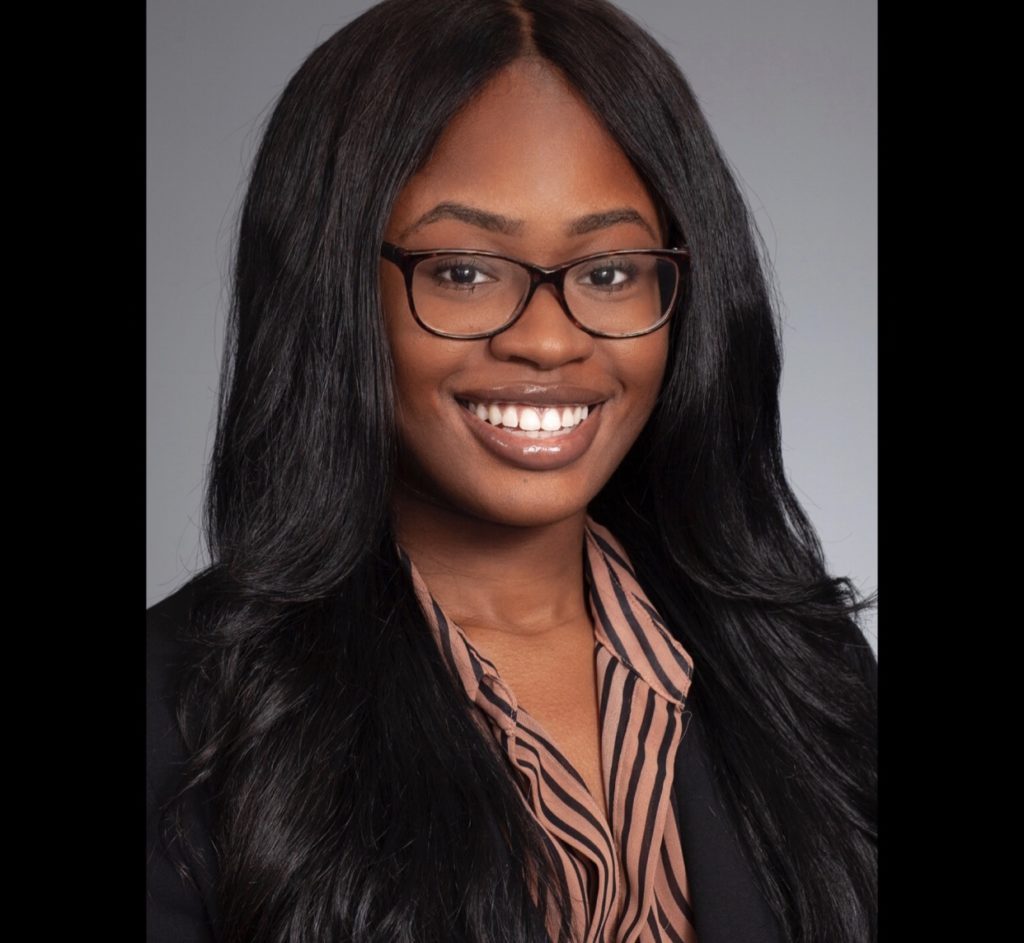The Daily Reflector, June 7, 2020. By Monique Duru.

African Americans, people of African descent, Afro-Latinos, black people. Regardless of what you call us, there is one thing that we all have in common: We. Need. Therapy.
If you think about the qualifiers that an individual who needs therapy may possess, there is a guarantee that black people have a minimum of three. It’s no secret that African Americans have gone through hundreds of years of oppression, and the effects of that have plagued our way of thinking more severely than most of us realize. The idea that we can “pray away” our issues, the idea that going to a therapist means that you are crazy and the idea that “what happens inside the home, stays in the home” are just a few of the crippling mindsets that continue to be passed down through generations.
According to Dr. Monnica T. Williams, a licensed clinical psychologist and author, black people even feel a sense of embarrassment from their own families if they decide to seek therapy. In addition to the embarrassment, anyone who has a black man in their life, whether a father, brother, uncle or cousin, is well aware of how they have been conditioned to think that showing certain emotions is a sign of weakness. All of these create a snowball effect and result in the toxic cycle repeating through generations.
As a black professional student, there are countless hurdles that I must jump over daily to live out my purpose, from carrying the responsibility of creating new family legacies and the constant battle of proving my intelligence in ways that other people do not, to unlearning counterproductive ways of thinking that were passed down from abused and mistreated generations before. It is simply exhausting, and therapy can be that necessary lifeline to other people of color.
There is no coincidence that an alarming number of African Americans are in some type of financial distress, either being below or wavering near the poverty line or being uninsured. According to an article published by the Center on Budget and Policy Priorities, more African Americans are uninsured than white Americans. This brings up the biggest question, “How can I get the help that I desperately need if I cannot afford it?” This question has only one answer: black people should have access to free or reduced-cost therapy. This needs to become a part of the national conversation to create awareness.
Tell a colleague, tell a friend, tell a family member. Create a hashtag! #BlackPeopleNeedTherapyToo.
It is imperative that society does all there is to help, because the mental health of black Americans can and will shape America’s future.
Monique Duru is a second-year dental student at East Carolina University School of Dental Medicine and a 2019-20 J. Bradley Wilson Schweitzer Fellow. The opinions expressed the author’s and do not necessarily reflect those of the dental school or the fellowship.
Contact Bobby Burns at baburns@reflector.com and 329.9572.
